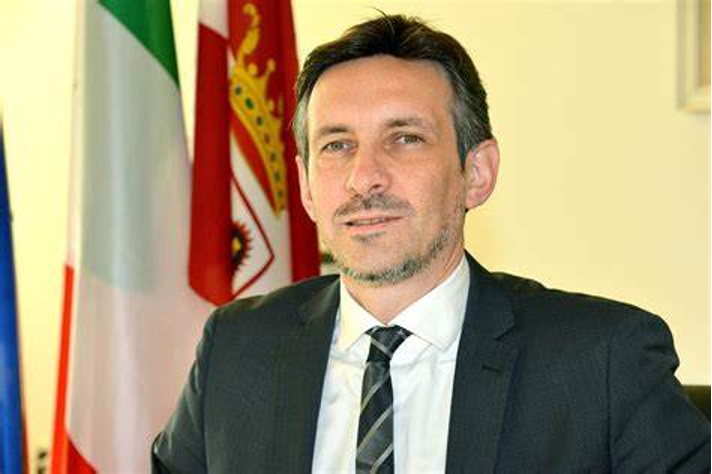Interviewer: Today, we will discuss information manipulation and the concept of “post-truth.” How do you believe information manipulation affects people’s judgment?
Councillor Spinelli: Information manipulation is a crucial topic in these times because it can distort people’s perception of reality. We often see data or facts distorted to influence opinions, leading to incorrect decisions.
Interviewer: When was the term “post-truth” coined, and what does it represent?
Councillor Spinelli: The term emerged in 2016 and signifies an era where emotions and personal beliefs influence more than objective facts. It’s a term linked to the rise of misinformation and information manipulation through the media and social media.
Interviewer: Councillor Spinelli, describe the era of post-truth and its impact on politics.
Councillor Spinelli: The “era of post-truth” is a social shift where objective truth matters less than emotions and personal beliefs, influencing politics. This can lead to incorrect decisions and increased polarization.
Interviewer: What dangers do you see in this era of post-truth, especially in politics?
Councillor Spinelli: The main danger is the possibility that the powerful impose their ideas, leading to political decisions based on manipulated information. Polarization increases as people believe information that confirms their opinions.
Interviewer: How can we address post-truth and information manipulation?
Councillor Spinelli: It requires a collective effort to promote truth and critical thinking. Media, politicians, and citizens must be responsible in their use of information and source verification. Education in critically evaluating information is essential, as well as promoting transparency in political communications.
Interviewer: Let’s talk about uncertainty. How do you define it?
Councillor Spinelli: Uncertainty is a part of life and represents an opportunity. If everything were certain, there would be no challenges or excitement.
Interviewer: How can uncertainty be managed in a risky world?
Councillor Spinelli: Managing uncertainty requires flexibility and adaptability. We must accept the unknown and develop planning strategies, but also learn to adapt to unforeseeable circumstances.
Interviewer: What is the role of science in managing uncertainty?
Councillor Spinelli: Science provides data and evidence, but the perception of risk is subjective. Effective scientific communication is crucial in helping people make science-based decisions.
Interviewer: How can we ensure that risk information is accurate and reliable, especially in the media and on social media?
Councillor Spinelli: Promoting accurate and transparent information is essential. Education in critical thinking and combating misinformation are crucial.
Interviewer: How can individual and collective resilience be developed in the face of uncertainty?
Councillor Spinelli: Embracing uncertainty, promoting education in critical thinking, and fostering mutual support are key to developing resilience.
Interviewer: In conclusion, managing uncertainty requires an open, resilient, knowledge-based approach. Science and accurate communication are fundamental tools, while collaboration helps build stronger communities.
Councillor Spinelli: Exactly, facing uncertainty is a challenge, but we can do it with wisdom and preparation.




